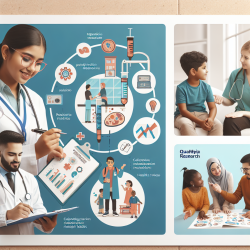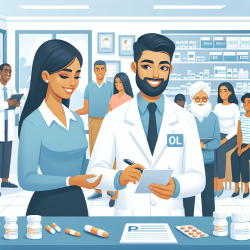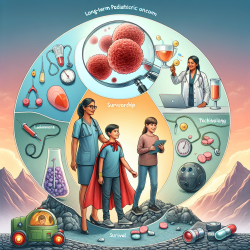The introduction of the New Psychoactive Substances Act (NpSG) in Germany has sparked significant discussion and analysis across various sectors. This legislation, aimed at controlling the spread of new psychoactive substances (NPS), presents a unique approach by combining a generic control method with non-criminalization for personal possession. But how effective has it been? Let's delve into the outcomes and explore how practitioners can improve their skills by understanding these developments.
The NpSG: A Novel Approach
The NpSG was introduced in 2016 to address the rapid emergence of NPS that were designed to circumvent existing drug laws. The law adopts a generic approach, targeting groups of substances rather than individual compounds. While this method covers a broad spectrum of substances, it also introduces complexities in enforcement and understanding among users and professionals alike.
Perspectives on the NpSG
- NPS Users: Many users appreciate the non-criminalization aspect but find little change in practice. The market has adapted with new substances emerging, some more hazardous than before.
- Addiction Care Staff: Knowledge about the NpSG varies regionally, with some staff well-versed in its implications while others remain unaware. This highlights a need for widespread educational efforts.
- Law Enforcement: Officers face challenges in distinguishing between violations under different laws due to overlapping substance classifications. However, they value the additional legal tools provided by the NpSG.
Navigating Challenges and Opportunities
The introduction of the NpSG has not been without its challenges. The market's adaptation has led to unintended consequences such as increased potency and the emergence of new substances not yet covered by legislation. This ongoing "cat-and-mouse game" requires continuous adaptation and vigilance.
Strategies for Practitioners
- Stay Informed: Regularly update your knowledge on legislative changes and market trends through conferences, publications, and webinars.
- Enhance Education: Implement educational programs for both users and professionals to improve understanding of NPS and related laws.
- Promote Harm Reduction: Advocate for harm reduction strategies such as drug checking services to minimize risks associated with unknown substances.
The NpSG represents an evolving landscape that requires ongoing research and adaptation. By staying informed and proactive, practitioners can better navigate these complexities and contribute to effective addiction care and policy development.










